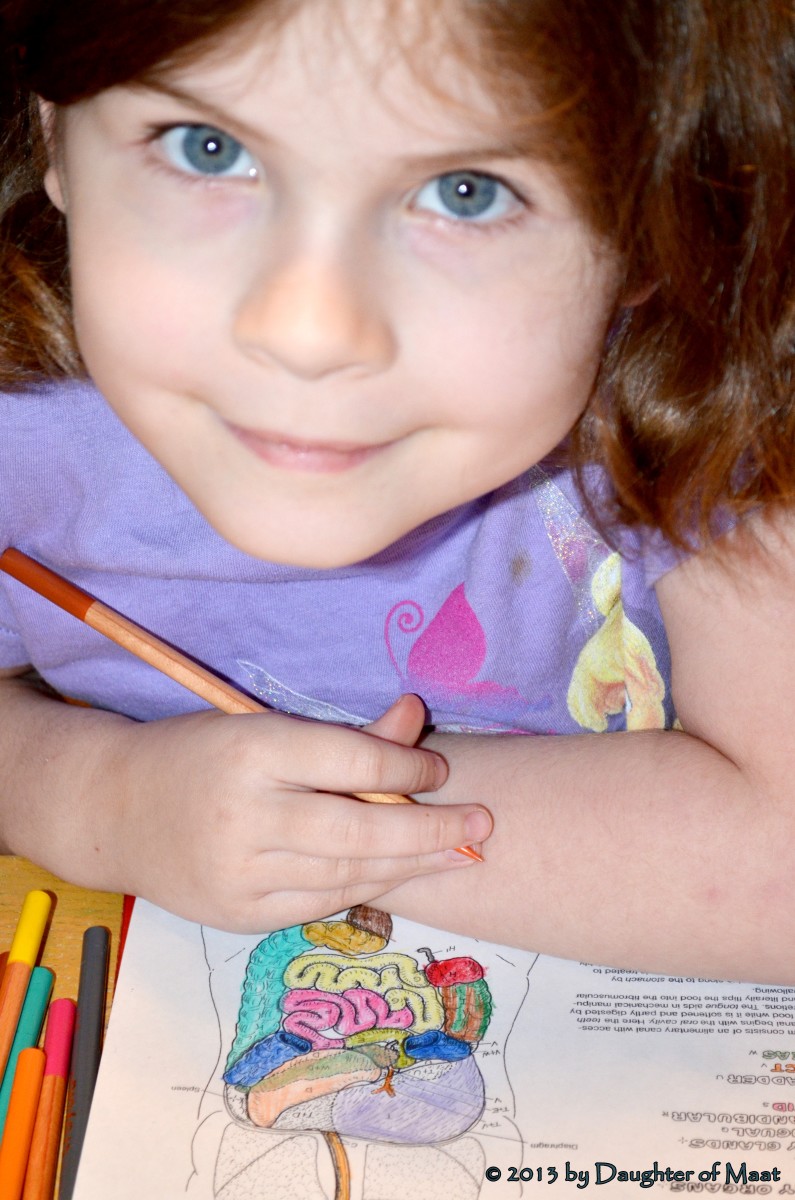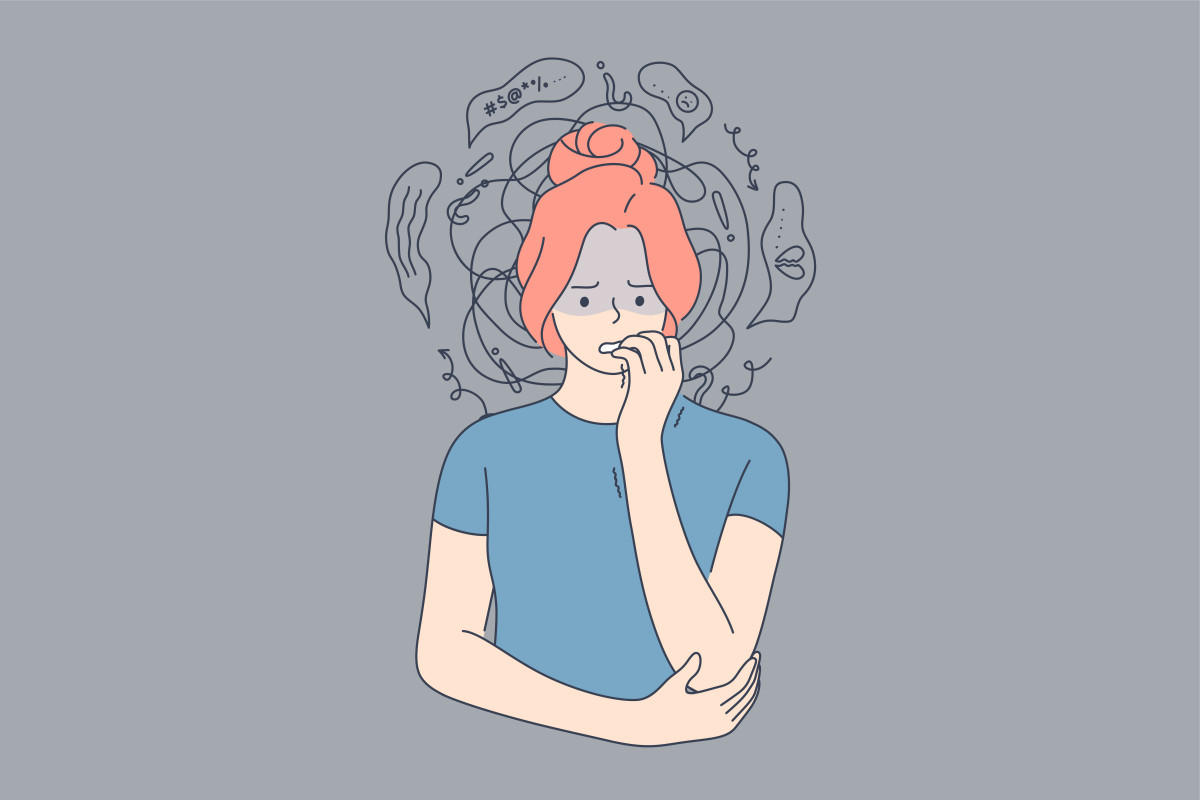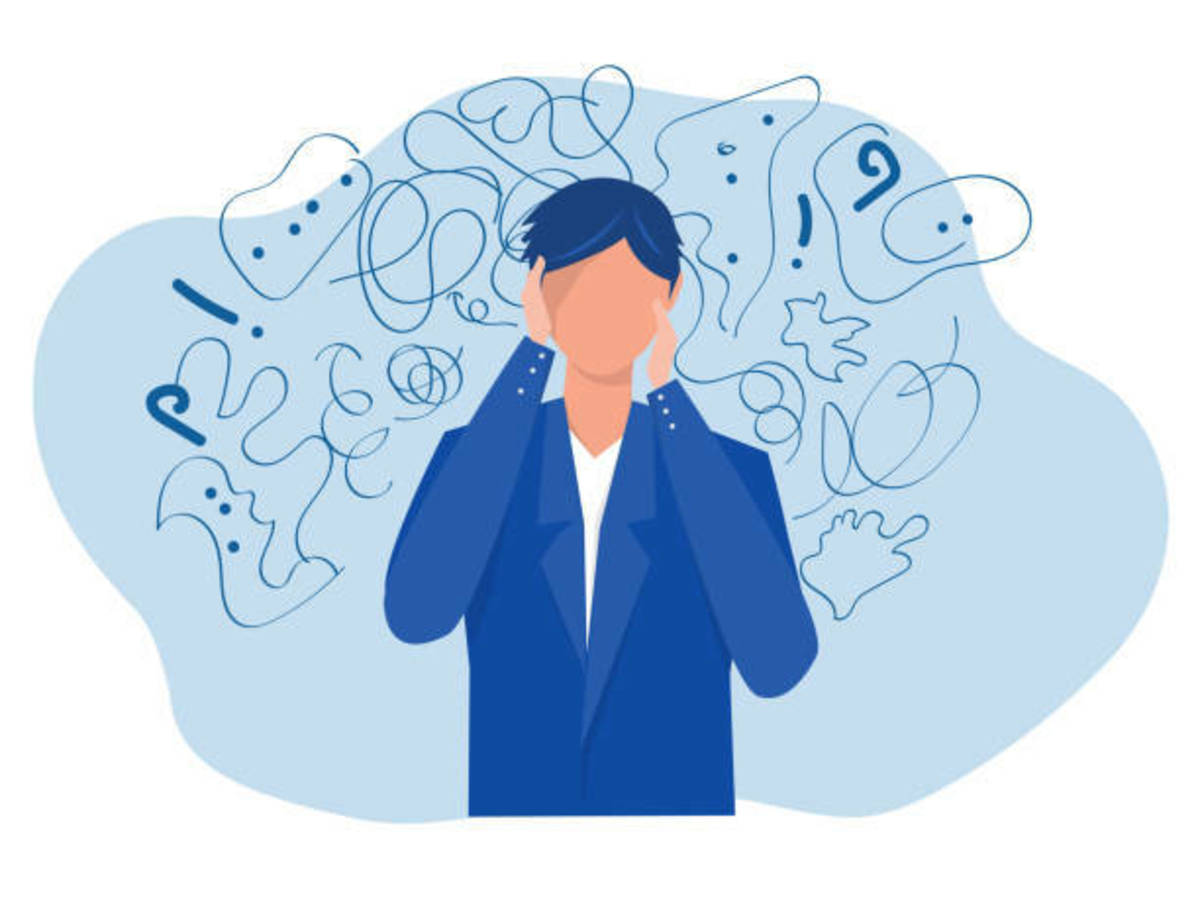Life With ADHD

Attention Deficit Hyperactivity Disorder, or more commonly known as ADHD, is a condition that affects up to 10% of school-age children. Only one out of three children with ADHD are girls, and no one is sure why. ADHD affects the neurons in the brain from communicating correctly, specifically when in relation to behaviors, thinking, focus, emotions, and attention. Children who display signs of ADHD used to be labeled as “bad” or “unruly”, and were punished for their behavior. It was also believed that children “grew out” of ADHD with adolescence, but we now know that it spans into adulthood as well. With the correct blend of environmental changes, diet, therapies, and medications, these children are able to lead normal and successful lives.
Causes
Many theories are under investigation as to the cause of Attention Deficit Hyperactivity Disorder such as genetics and biological environmental attributes. Children who had one or more parents with ADHD were also more likely to have it. Some studies show that there are a higher number of children with ADHD who were born to mothers that smoked cigarettes or drank alcohol during pregnancy. High levels of lead might be a leading cause as well as sugar and food additives. Many studies are underway to determine the causes of ADHD.
Signs and Symptoms of ADHD
Children with ADHD have a whole gamete of signs and symptoms including:
· A tendency to be very impulsive
· Hyperactivity
· They may have a hard time focusing
· Lack of self-control
· Inability to follow instruction
· Acting without thinking
· Some spend most of their time daydreaming
· They may seem unmotivated or unable to complete tasks
· Inability to maintain friendships with peers
· Lack concentration
· Struggling in school
· Constantly being unorganized and loosing things
· Inability to remember things
· Seeming like they refuse to listen
· Not understanding why they do the things they do
How do you determine whether or not it’s ADHD?
Parents may notice signs of ADHD even before the school-age years begin. A child demonstrating symptoms of ADHD may seem out of control, or like they can’t pay attention to anything for more than a few minutes. Most often, children are diagnosed after their behaviors become a problem at school. Also, adults who were called “problem children” are being diagnosed as adults.
- Talk to a doctor-A family who feels that they may have a child with ADHD should first talk to the child’s pediatrician. At that point, the pediatrician may do an assessment. More than likely the child’s pediatrician will refer the family to a mental health specialist, who will be able to rule out other causes of behavior, as there are other contributing conditions that may mimic the symptoms of ADHD.
- Talk to people who provide care for the child-Teachers and caregivers will then be asked to rate their observations of the child’s behavior on standardized forms. These forms allow people who may have observed the child’s behaviors to rate it against normal behavior of a child the same age.
- Find a specialist-The specialist will also administer tests to the child, such as putting them in a situation that requires focus to complete a task. Maybe they will want the child to play a board game in a busy crowded room. While the child is completing the game, the specialist will pay attention to the amount of focus and self-control the child demonstrates.
Treatment Options
- Medication is a fear of many parents who think they may have a child with ADHD. When all other disorders that mimic ADHD have been ruled out, and a diagnosis has been made, a medication such as Adderall or Ritalin may be prescribed. Some medications for ADHD are stimulants, some are not. Some parents fear medications, not wanting their child to become an addict, but there is no compelling evidence of that happening. Medications for ADHD do not make a child “high”, although some report feeling different or funny. In most cases, coordination and concentration improves with the use of ADHD medications. Some children experience side effects such as insomnia, decrease in appetite, and anxiety. Others experience mild stomach aches or headaches. For these reasons it’s very important to work with the prescribing doctor, not only to find the right medication, but the right dosage.
- Psychotherapy may also be needed, and helps people with ADHD to learn how to accept who they are. In therapy, people can let their feelings and emotions out, and explore alternate ways to manage their behaviors. Also, it helps people to learn to understand and live with their condition.
- Behavioral Therapy is great for immediate support. It gives the child the skills to tackle things that they couldn’t attempt before. Going from not being able to pay attention to having all the attention in the world is a huge adjustment, and a child has to learn what to do with that extra focus time.
- Skills Training helps children identify bad behaviors and learn to replace them with new ones. Children learn how to maintain relationships, that they may learn to ask for help, how to share, and how to respond to people correctly to stimulus.
- Support Groups are important for parents with ADHD children to connect with other people who are going through the same things. Parents can learn how to discipline correctly, how to better utilize time, and to point out positive things that their child does. They can also share things that work for them with other parents. Having the support of an understanding group of peers can be the most important tool in a parent’s tool belt. Support groups also help with stress management, because parents can vent about the trials and tribulations they face every day in a safe and private environment without their children present.
- Bring People Up To Speed by making sure the teachers and care givers of the child are up-to-date on any medications, behavioral issues, and therapies that they child is involved in can be the difference between success and failure. The parent of an ADHD child must share everything they learn so that when they find something that works, it’s used across the board. Structure is extremely important to a child with ADHD.
- Diet is also a big change that parents make for their ADHD children. Many parents remove foods with added preservatives and dyes, and it’s been shown to improve behavior. Red dye is especially under scrutiny for being a culprit in causing ADHD behavior. Studies have shown that children who don’t eat colored cereal have a lower risk of showing symptoms of ADHD and a better focus at shool.
Until recently, ADHD was written of as a myth, and blamed on bad parenting. Only now are studies being done to prove the causes of this condition. Children who develop ADHD are more at risk for having other disorders such as Depression, Anxiety, and Bi-Polar Disorder. The more we learn and understand about ADHD, the more children who have it will succeed. If you have a child who you think might have ADHD, please contact your family doctor. The better it’s treated, the more of a chance that child has at a healthy and successful life.








